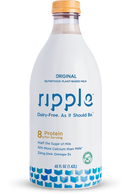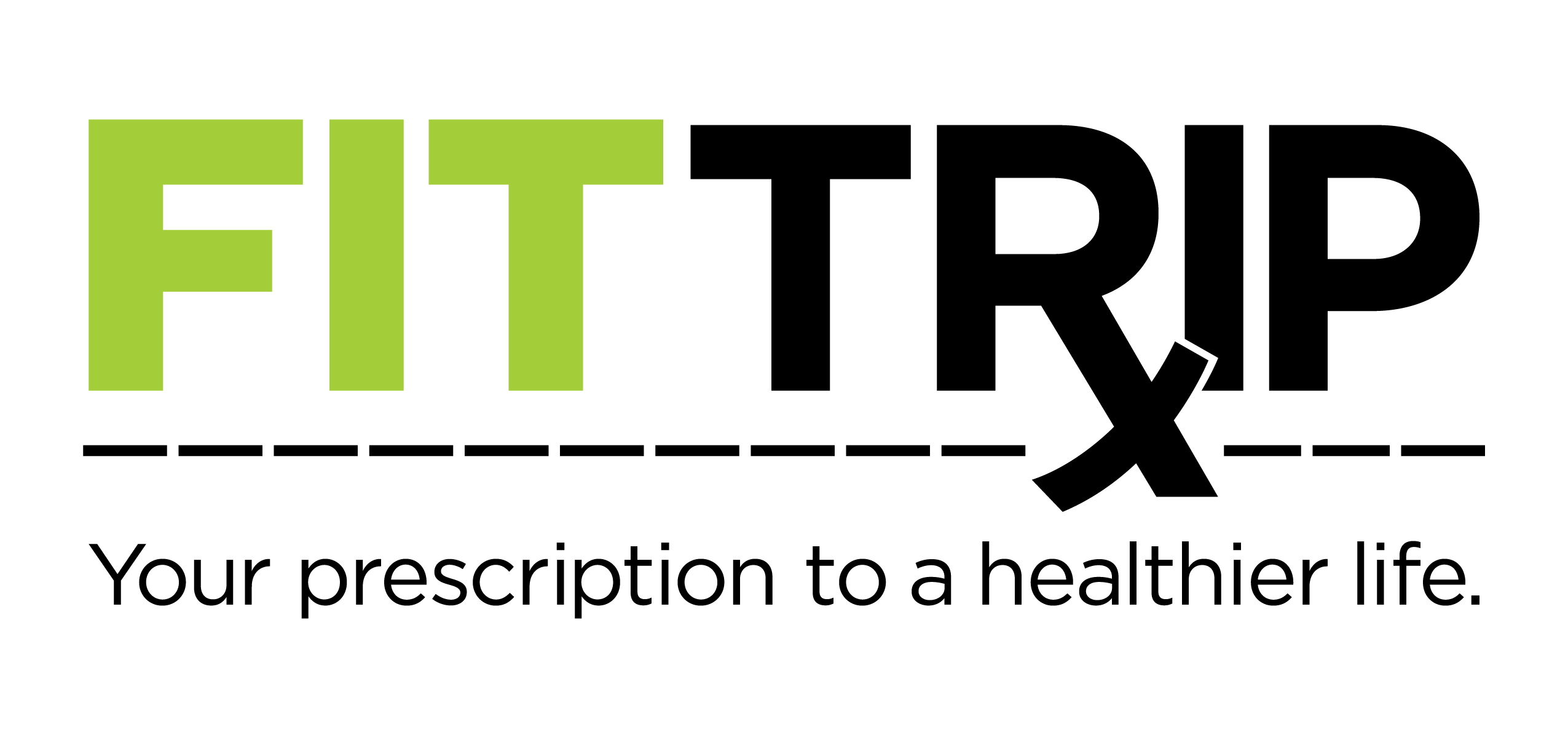Today’s contribution is from Good Measure Meals’ Alissa Palladino, MS, RDN, LD  If you’re feeling confused about milk these days, you’re not alone. Check out the dairy section of any supermarket and you’re sure to find an endless variety of dairy and non-dairy alternatives. Cow’s milk, soy milk, almond milk… with so many options and competing health claims, you may be wondering what’s the difference and what’s the best for you? Here we’ll break it down and help you make an informed choice that supports your goals.
If you’re feeling confused about milk these days, you’re not alone. Check out the dairy section of any supermarket and you’re sure to find an endless variety of dairy and non-dairy alternatives. Cow’s milk, soy milk, almond milk… with so many options and competing health claims, you may be wondering what’s the difference and what’s the best for you? Here we’ll break it down and help you make an informed choice that supports your goals.  Dairy: Cow’s milk is an excellent source of key nutrients that suppport muscle and bone health, with 8 grams of high quality protein per cup, 30% of your daily calcium needs, plus potassium and vitamin D. The amount of calories varies depending on the fat content: whole, 2%, 1% or skim (fat free). FYI: there is no added sugar in skim milk. Regardless of the fat content, dairy milk contains 12 grams of naturally occuring lactose sugar. Since milk fat is mostly saturated, choose low-fat varieties for heart health.
Dairy: Cow’s milk is an excellent source of key nutrients that suppport muscle and bone health, with 8 grams of high quality protein per cup, 30% of your daily calcium needs, plus potassium and vitamin D. The amount of calories varies depending on the fat content: whole, 2%, 1% or skim (fat free). FYI: there is no added sugar in skim milk. Regardless of the fat content, dairy milk contains 12 grams of naturally occuring lactose sugar. Since milk fat is mostly saturated, choose low-fat varieties for heart health.  Soy: For those who are lactose intolerant, have a milk protein allergy or stick to a vegan diet, soy milk is the most nutritionally equivalent non-dairy option, with 7-8 grams of high quality plant-based protein per cup. Fortified varieties typically provide 30% or more of daily calcium needs plus vitamin D.
Soy: For those who are lactose intolerant, have a milk protein allergy or stick to a vegan diet, soy milk is the most nutritionally equivalent non-dairy option, with 7-8 grams of high quality plant-based protein per cup. Fortified varieties typically provide 30% or more of daily calcium needs plus vitamin D.  New to the scene: Ripple, made from pea protein, has a similar nutritional profile to dairy and soy milk with 8 grams of protein per cup, plus calcium, vitamin D and other key nutrients.
New to the scene: Ripple, made from pea protein, has a similar nutritional profile to dairy and soy milk with 8 grams of protein per cup, plus calcium, vitamin D and other key nutrients.  Nut milks and beyond: While nuts like cashews and almonds are good sources of protein, milks made from these nuts actually are not. Many nut milks are little more than water fortified with vitamins and minerals, and often added sugar. Other dairy free options like coconut and rice milks similarly lack protein, though they are usually fortified with calcium, vitamin D and other vitamins and minerals. (Note: organic versions may not be fortified, so read your labels!)
Nut milks and beyond: While nuts like cashews and almonds are good sources of protein, milks made from these nuts actually are not. Many nut milks are little more than water fortified with vitamins and minerals, and often added sugar. Other dairy free options like coconut and rice milks similarly lack protein, though they are usually fortified with calcium, vitamin D and other vitamins and minerals. (Note: organic versions may not be fortified, so read your labels!)
So what’s best for me? Protein is an important component of a balanced meal or snack, so if you’re relying on milk as your protein source, your best bets are dairy or soy. If you’re going with a dairy-free alternative, make sure to choose unsweetened varieties to avoid empty calories from added sugars.







